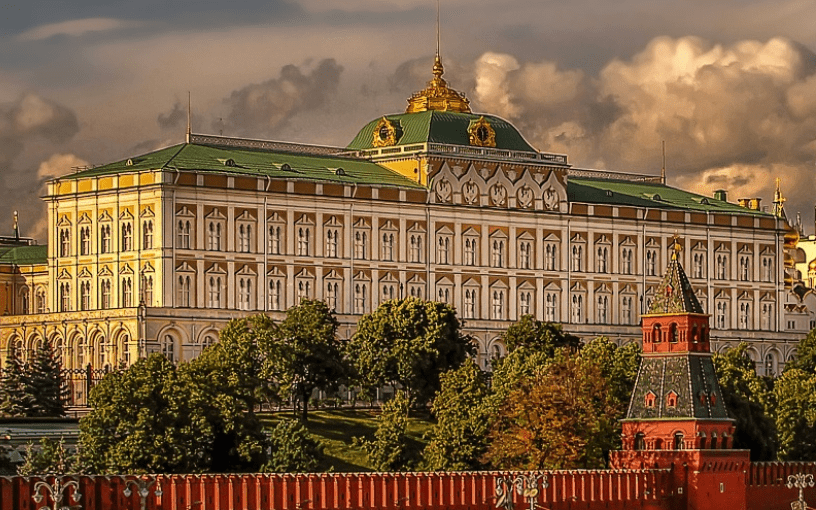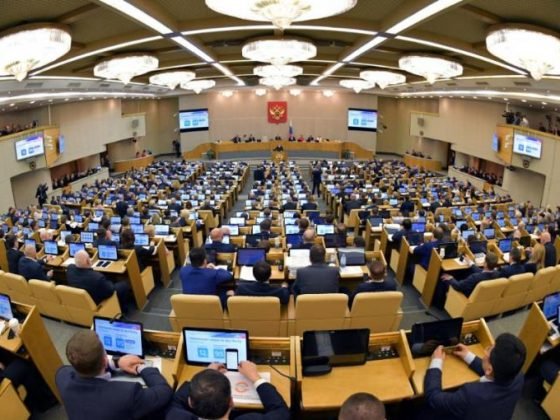(Foreign Affairs) For 21 years, Vladimir Putin has reigned supreme over Russian politics. A skillful manipulator of public opinion, he wields the blunt force of repression against opponents at home and the sharp power of cyber-operations and espionage campaigns against enemies abroad. Increasingly, Western analysts and officials portray him as all-powerful, a ruthless former KGB man who imposes his will on Russia from behind dark sunglasses. This narrative, which the Kremlin goes out of its way to reinforce, is tempting to believe. Putin has jailed the closest thing he has to a political rival—the opposition leader Alexei Navalny—and crushed a wave of protests by Navalny’s supporters. Putin’s intelligence agencies brazenly hacked the U.S. government, and his troops are gradually eroding U.S. influence everywhere from Libya to Syria to Ukraine.
But if Putin is unrivaled at home, he is not omnipotent. Like all autocrats, he faces the dual threats of a coup from elites around him and a popular revolt from below. […]
Read More © Foreign Affairs











